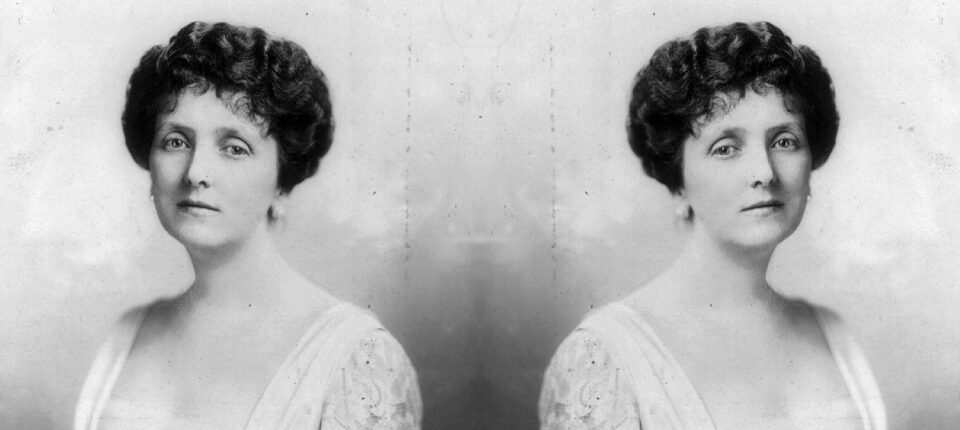-
“He felt like a man with two bodies and he lived in them both simultaneously, with at times heartbreaking personal consequences.” Jennifer Homans on the transcendental genius of George Balanchine’s ballet. | Lit Hub Dance
-
Black Cake, All the Light We Cannot See, and more of the Literary Film & TV You Need to Stream in November. | Lit Hub Film & TV
-
Meet Dr. Lise Meitner, the Jewish physicist whose breakthrough discovery made Oppenheimer’s work in the Manhattan Project possible. | Lit Hub History
-
“The saga I’m obsessed with is getting another life.” Evan Hughes on writing the book behind the new Netflix movie Pain Hustlers. | Lit Hub Questionnaire
-
Jhumpa Lahiri’s Roman Stories, Teju Cole’s Tremor, and Safiya Sinclair’s How to Say Babylon all feature among October’s best reviewed books. | Book Marks
-
As Microsoft Word turns 40, Victoria Woollaston looks at how—and why—the software has had such a major influence on our lives. | BBC Future
-
After a mere 140 years, the official Swedish dictionary is complete! (And now they have to go back to the beginning.) | The Guardian
-
On missing works on 19th-century American literature. | Commonplace
-
Jordan Peele and N.K. Jemisin discuss the subversive goals of Black horror in their new anthology, Out There Screaming. | The Atlantic
-
“Only in Chekhov can we read that lovers are finally united and that is when the difficulties begin.” Abby Smith Rumsey on the role of memory in Chekhov’s stories. | The MIT Press Reader
-
“The Booker Prize seems to have an inclination toward championing an autistic stereotype so worn, it’s ragged and full of holes.” Aisling Walsh asks if the Booker has an autism problem. | Publishers Weekly
Also on Lit Hub: How translation changes your life (and vice versa) • On Terrence Malick’s debut film, Badlands, 50 years later • Read a story from Bennett Sims’s latest collection, Other Minds




















